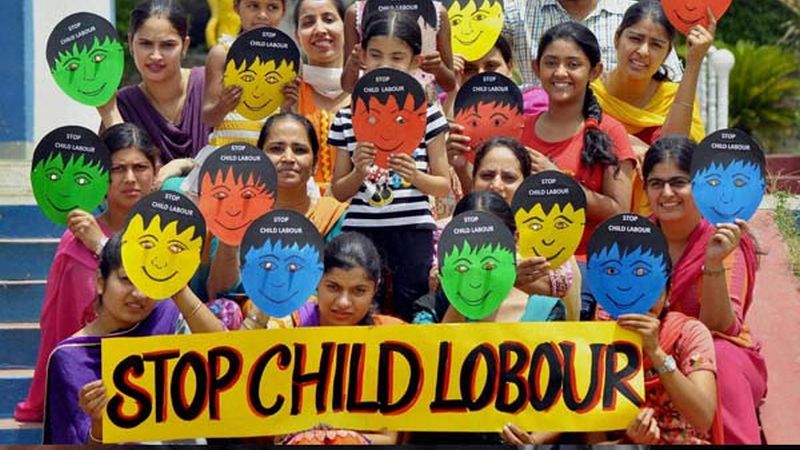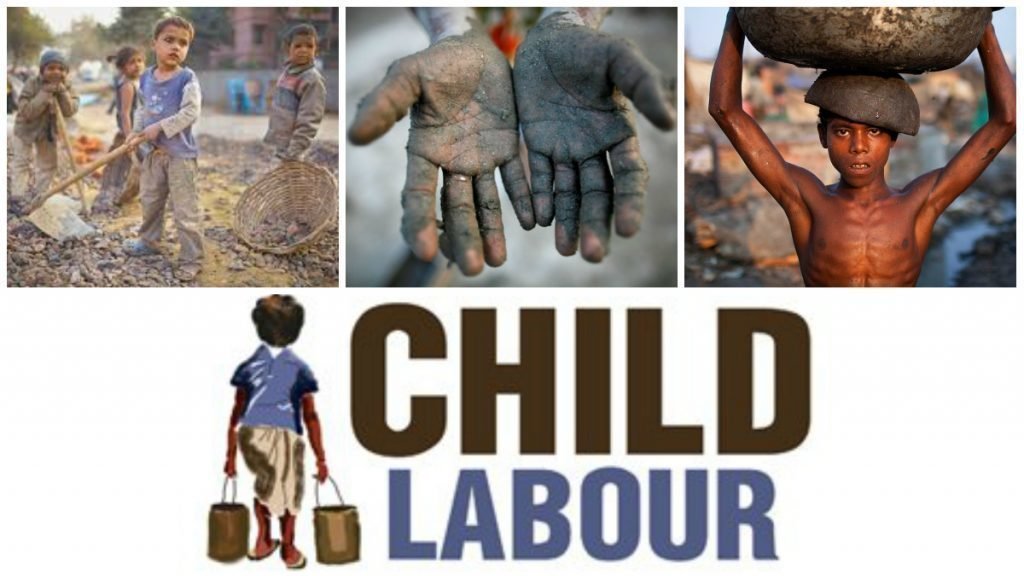Empowering Children: Reflecting on the Global Fight Against Child Labour
Child labour continues to be a pervasive issue that deprives millions of children of their fundamental rights and hampers their development. The 17th National Webinar on Child Labour, organized by the Union Law Ministry, serves as a timely reminder to observe the World Day Against Child Labour. This article sheds light on the remarkable efforts undertaken by renowned activist Kailash Satyarthi, the impact of the Global March Against Child Labour, and the subsequent establishment of international laws to combat this problem.
Global March Against Child Labour
In 1998, Kailash Satyarthi initiated the Global March Against Child Labour from Manila, Philippines. With a passionate commitment to eradicating child labour, Satyarthi embarked on an arduous journey spanning approximately 80,000 km across 103 countries. This historic march aimed to raise awareness about the often-overlooked issue of child labour, shining a spotlight on the struggles faced by countless children around the world.
Demanding Change and Recognition
The Global March Against Child Labour served as a powerful platform for demanding change and recognition. With over 1.5 crore people participating in the march, including influential world leaders such as Prime Ministers, Presidents, Kings, and Queens, it became an undeniable testament to the urgency of action. The marchers advocated for two fundamental demands: the establishment of an international law against child labour and the creation of a dedicated day to raise awareness about child labour issues.
The Impact on International Legislation
The Global March exerted immense pressure on the United Nations and the International Labour Organization (ILO), leaving them unable to ignore the issue of child labour. The resounding voices of the marchers compelled the international community to take action. On June 17, 1999, the ILO Convention 182 was passed, marking a significant milestone in the fight against child labour. This convention called for immediate action to eliminate the worst forms of child labour and garnered unanimous adoption and ratification by 181 countries, including India.
World Day Against Child Labour

Recognizing the need for a dedicated day to raise awareness and foster global solidarity, the World Day Against Child Labour was established on June 12, 2002. This annual observance serves as a reminder of the persistent struggle against child labour and reinforces the collective responsibility to eradicate this harmful practice. Each year, the World Day Against Child Labour provides a platform to advocate for the rights of children and to rally support for efforts to combat child labour worldwide.
Conclusion
Kailash Satyarthi’s tireless activism and the Global March Against Child Labour have left an indelible impact on the fight against child labour. The subsequent establishment of the ILO Convention 182 and the World Day Against Child Labour highlight the global commitment to addressing this pressing issue. While progress has been made, it is crucial to recognize that the fight against child labour is far from over.
As youth activists, we must continue to empower children, raise awareness, and advocate for their rights. By engaging in dialogue, supporting organizations working on the ground, and amplifying the voices of child labourers, we can contribute to creating a world where every child is free from exploitation and can enjoy their childhood. The World Day Against Child Labour serves as a reminder of the ongoing struggle and the need for continued efforts to eradicate this harmful practice. Together, let us strive towards a future where every child can thrive, unhindered by the shackles of child labour.



